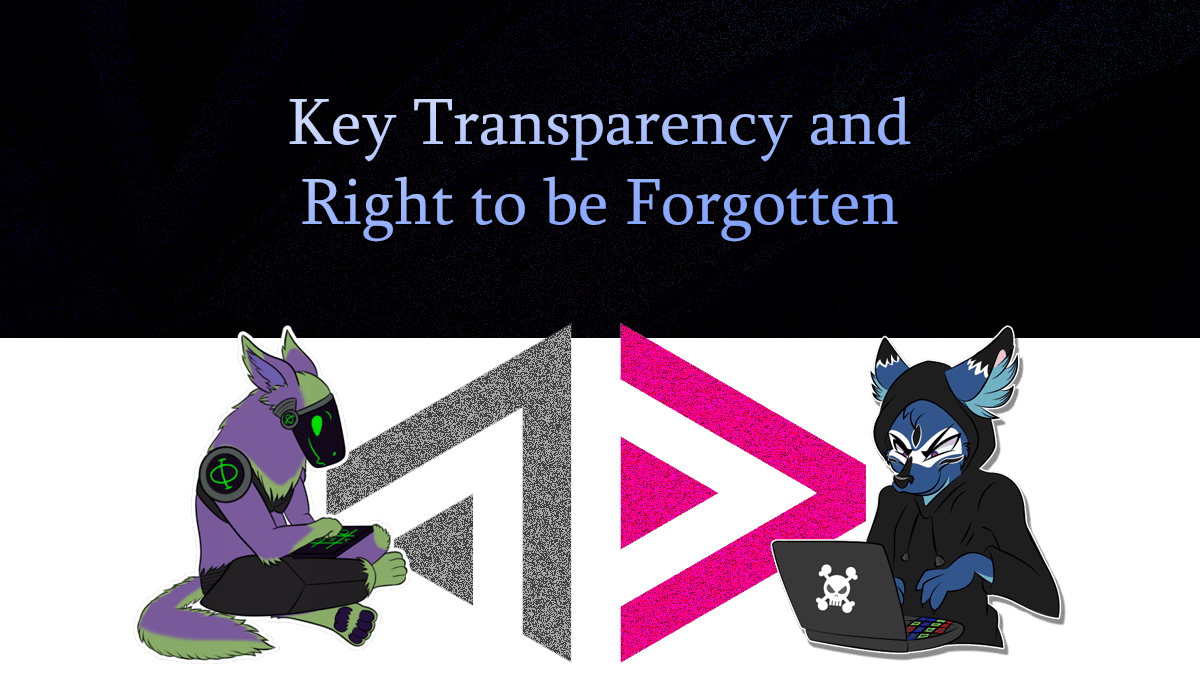

That sort of comment might be true if I had responded with a shallow, emotional response. Something like “how dare these outrageous motherfuckers claim to ‘roast’ my hand-crafted artisanal open source beauty with their AI slop!!”.
I didn’t do that. I sifted through the public information, assembled a profile of the people behind it, discarded the irrelevant details, and used it to describe their conduct as illegal in the country their business is incorporated in, with enough receipts for anyone else who finds their AI grift to leverage to give them immense amounts of legal and compliance pain. And then I released this all on my furry blog with the keywords that other open source developers would likely to try in a search engine if confronted with their same outrageous behavior.
Rather than let my outrage make me a useful idiot, I’ve surveyed the landscape and made sure that I’m controlling the conversation. I’m also keeping the evidence preserved, and not giving them any SEO backlink juice. This all dovetails into how bad their AI is at what it even claimed to be doing.
If any of this plays into their hands, then they’re playing chess on a dimension that the void cannot comprehend, let alone my mortal ass. But I’m willing to wager that the amount of legal anguish my blog post will create for their grift will significantly outweigh any benefit they get from the possible name recognition my blog creates.





It’s not about what they want published. It’s about what they don’t want published.
Advertising campaigns generally don’t include OSINT on the people behind it and evidence of their crimes. How does what I published help them increase their revenue or reduce their costs? Everything is ruled by incentives.